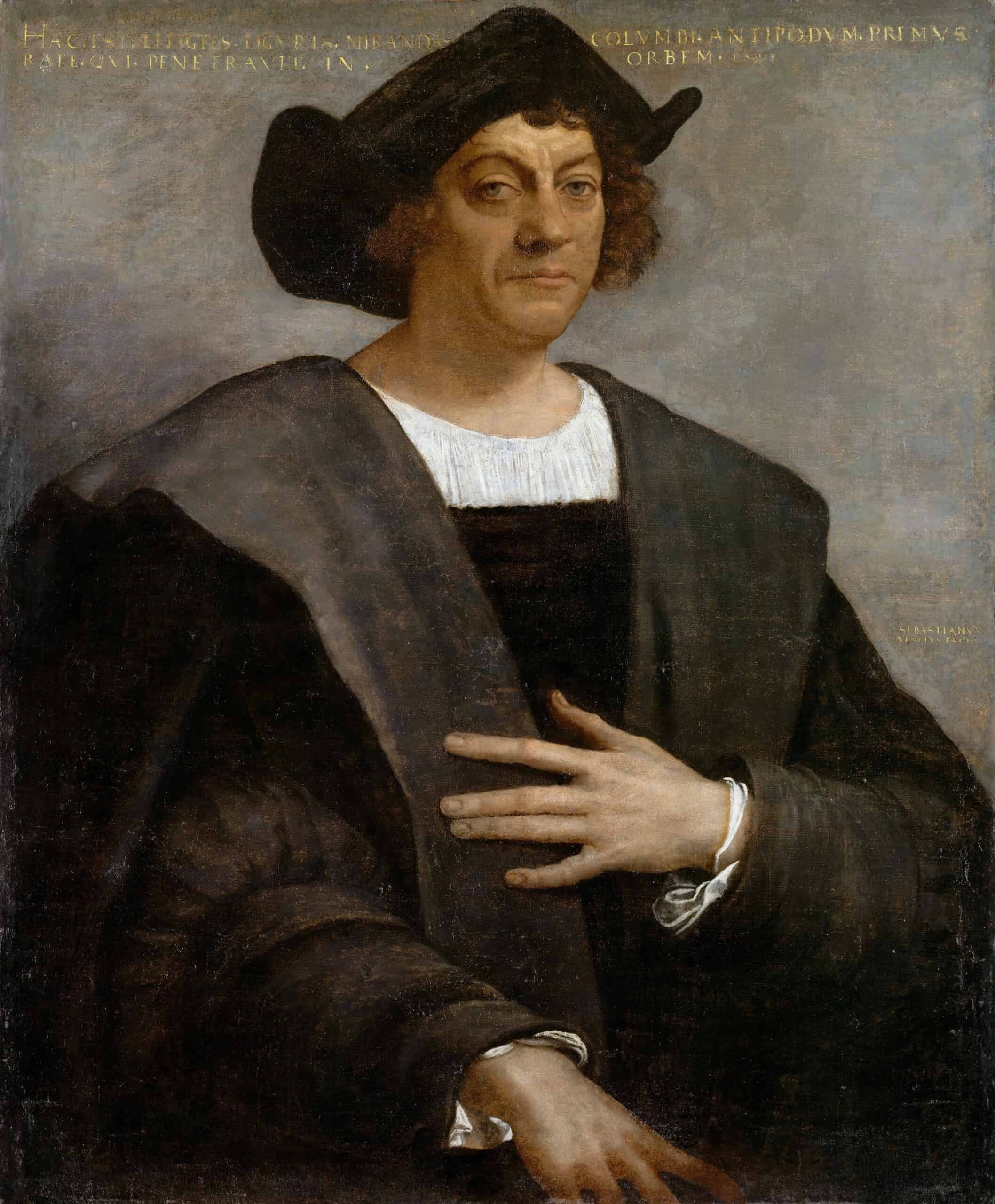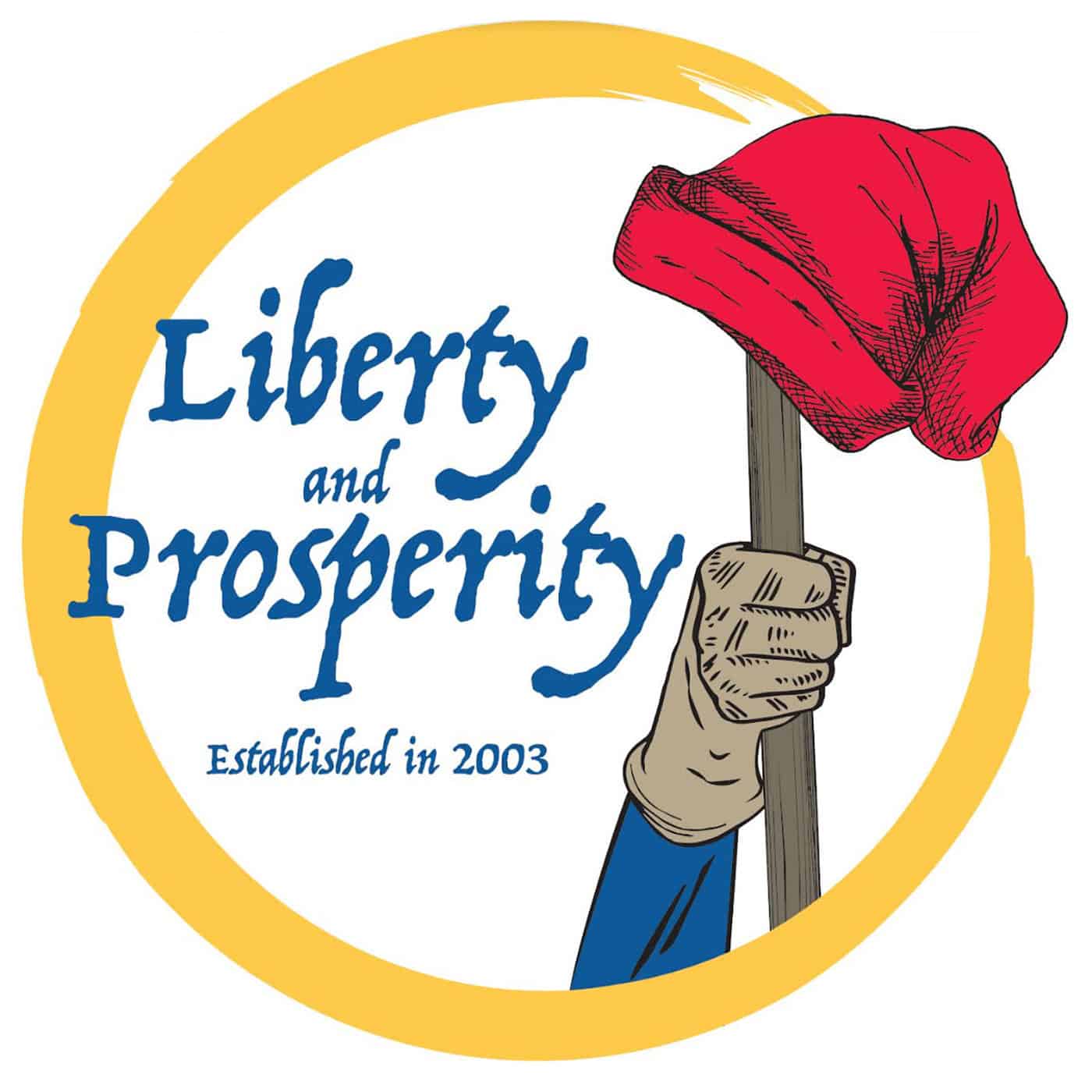Columbus Day is upon us and, like clockwork, so too is the onslaught of calumny from historical revisionists determined to besmirch the explorer’s name. The accusations leveled at Columbus are as many as they are frivolous: genocidal tyrant, diabolical slaveholder, incompetent navigator, lost fool — all thinly veiled attempts to degrade the man in the eyes of those who honor him, particularly Italian immigrants and their descendants. Overwriting Columbus Day with a day for indigenous people is obviously meant to be antagonistic, but it is also wholly unwarranted. What’s more, it diminishes an important holiday that has come to represent a day of reconciliation for Italian Americans who have faced both social and systemic discrimination since they first immigrated to the United States.
The movement to cancel Columbus Day is predicated on the false narrative that Columbus committed crimes against humanity. These allegations are based on the apocryphal account of one Francisco de Bobadilla, whose outrageous and politically motivated charges are unsubstantiated and should be treated as nothing more than slander.[1] But their profound effect on Columbus in his own lifetime and in recent years should not be misapprehended. After arriving in Hispaniola, Bobadilla wrested control of Columbus’ governorship and had him shackled and sent back to Spain, where the king and queen divested him of his titles and property.[2] Bartolomé de las Casas, another contemporary of Columbus who is recognized as an early advocate for the indigenous and a vocal critic of colonial Spanish cruelty, would later note that Columbus was treated unfairly upon his return to Spain.[3] Though Columbus was eventually pardoned and allowed to resume his voyages, his reputation was dealt a blow that continues to smart to this day.
Americans have venerated Columbus since the early days of the republic. The navigator’s vision, courage, and pertinacity have inspired generations of ambitious families seeking a better life through the application of hard work and an indomitable faith. Credited with making European settlement in the New World possible, Columbus is considered by many to be a proto-founding figure, much like Aeneas was to Rome. His name has been immortalized in America’s first national epic, national personification, more than one national anthem, and countless cities, streets, schools, buildings, parks, neighborhoods, and statues throughout the country.
Columbus Day has been celebrated in the United States since George Washington’s time. In 1792, the Society of St. Tammany hosted the first recorded Columbus Day celebration in New York on the tricentennial anniversary of the explorer’s first landing in the New World. However, it would not be celebrated as an official holiday for another 100 years, when President Benjamin Harrison proclaimed it so in 1892.[4]
The year before, an angry mob in New Orleans brutalized and lynched 11 Italian Americans, some of whom had been brought up on charges — but were acquitted — of murdering the city’s police chief. Newspapers and public figures condoned the violence, hurling openly racist invective at Italian Americans and suggesting they deserved such mistreatment. After a brief but tense diplomatic row with the Italian government, the Harrison administration agreed to pay an indemnity to the families of the deceased, wishing to avoid a war. As a sign of goodwill, the president declared October 21, 1892, a one-time holiday in honor of Columbus, with whom so many Italian Americans identified for his industry and perseverance in the face of adversity. The holiday was made permanent in 1934.[5]
In the years that followed, statues were unveiled around the country to recognize Columbus’ seminal role in opening the New World for settlement. Beautiful effigies and reliefs were erected in Italian American neighborhoods and dedicated by their residents, who sought to pay homage to the man who had come to embody their own path to prosperity and pursuit of the American dream. But their journey was not without hardship. Italian Americans continued to face discrimination from their peers and from the highest levels of government.
The day after the attack on Pearl Harbor, President Franklin Roosevelt issued a proclamation designating Italians “enemy aliens.” The proclamation affected at least 600,000 Italians — both immigrants and naturalized citizens — many of whom were removed from their homes, stripped of their possessions, and detained in internment camps or imprisoned. They were denied their fundamental rights, forced to register with the state, and required to carry identification cards. Subject to a strict curfew and restrictions on movement, many were forced to relocate and lost their jobs and homes. When it became apparent that the support of Italian Americans would be needed to successfully invade Italy, the government removed Italians’ “enemy alien” status. The announcement was made in 1942 on Columbus Day — another placatory gesture — although some Italian remained imprisoned until at least 1945.[6][7][8]
These days, Columbus’ memory is itself at the mercy of mob justice, much like the 11 Italian Americans who were murdered in New Orleans 133 years ago. Few people stopped to question the historical accuracy of Columbus hit pieces before calling Columbus a murderer, vandalizing his statues, and slipping nooses around their necks. Nevertheless, this behavior was defended by public officials and in the newspapers, which continue to defame him.
Efforts to sideline Columbus Day and celebrate a day for indigenous peoples in its stead are antagonistic, by activists’ own admission, and unjustly perpetuate Bobadilla’s politically motivated lies. They strip all Americans of an important founding figure while at least trivializing and at worst erasing from memory the injustices Italian Americans have suffered through the years. Together as Americans, we ought to stand up for Columbus, our ancestors, and the truth, lest we forget them.
[1] Robert Carle, “Remembering Columbus: Blinded by Politics,” National Association of Scholars, 2019, https://www.nas.org/academic-questions/32/1/rembering_columbus_blinded_by_politics.
[2] Ibid.
[3] Kevin J. Jones, “Critics of Columbus Day Get History Wrong, Scholar Says,” Catholic News Agency, October 12, 2020, https://www.catholicnewsagency.com/news/35951/critics-of-columbus-day-get-history-wrong-scholar-says.
[4] “Today in History – October 12: Columbus Day,” Library of Congress, n.d., https://www.loc.gov/item/today-in-history/october-12/.
[5] Ronald G. Shafer, “The First Columbus Day Was Born of Violence — and Political Calculation,” Washington Post, October 10, 2021, https://www.washingtonpost.com/history/2021/10/10/columbus-day-benjamin-harrison-mob-italians/.
[6] Tony Traficante, “Secrecy and Injustice: Exposing WWII Italian Internment Camps,” Italian Sons and Daughters of America, October 3, 2020, https://orderisda.org/culture/la-nostra-voce/secrecy-and-injustice-exposing-wwii-italian-internment-camps/.
[7] Stephanie Hinnershitz, “Proclamation 2527 and the Internment of Italian Americans,” The National WWII Museum | New Orleans, December 13, 2021, https://www.nationalww2museum.org/war/articles/proclamation-2527-internment-italian-americans.
[8] Erin Blakemore, “Why America Targeted Italian-Americans during World War II,” HISTORY, January 14, 2019, https://www.history.com/news/italian-american-internment-persecution-wwii.


